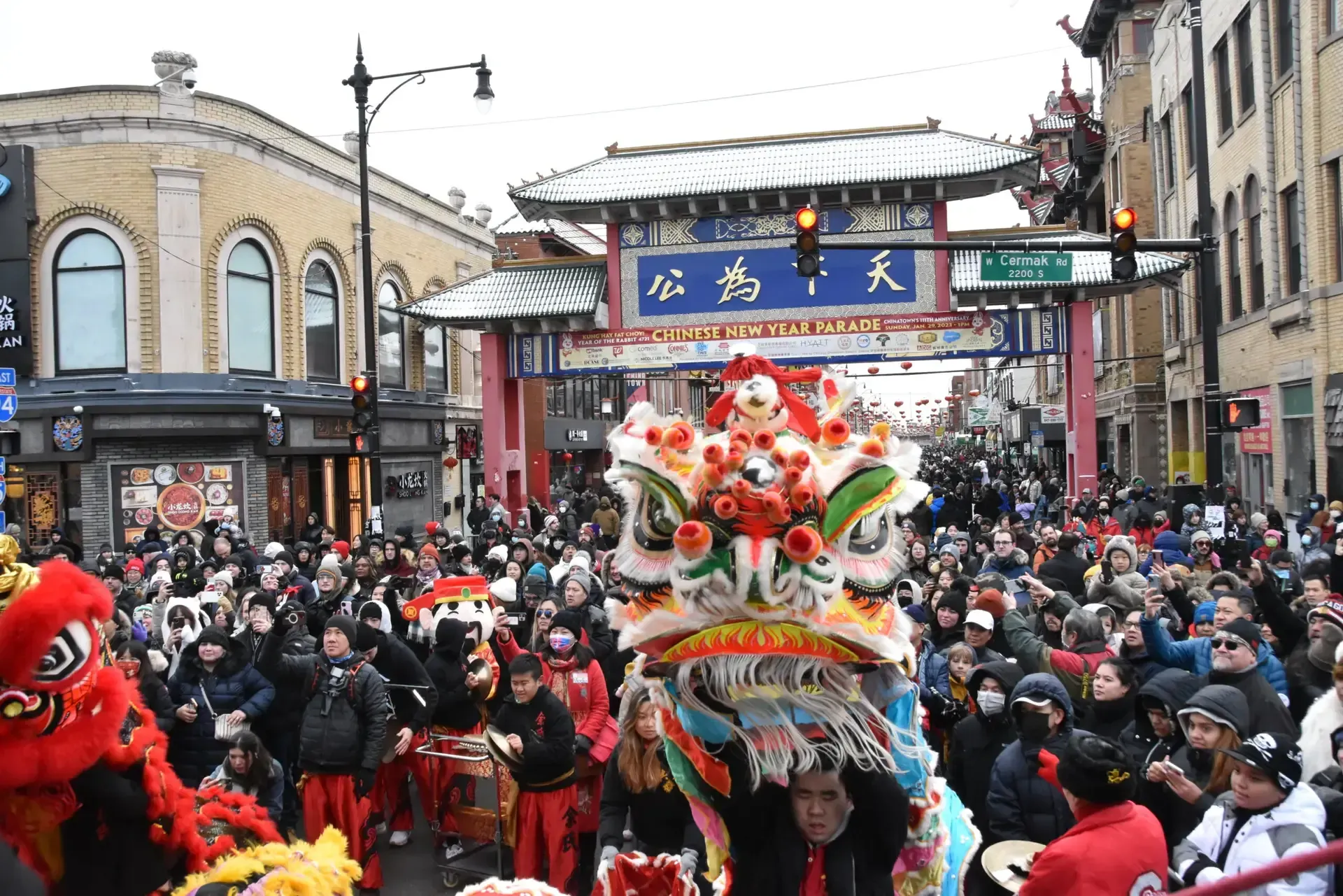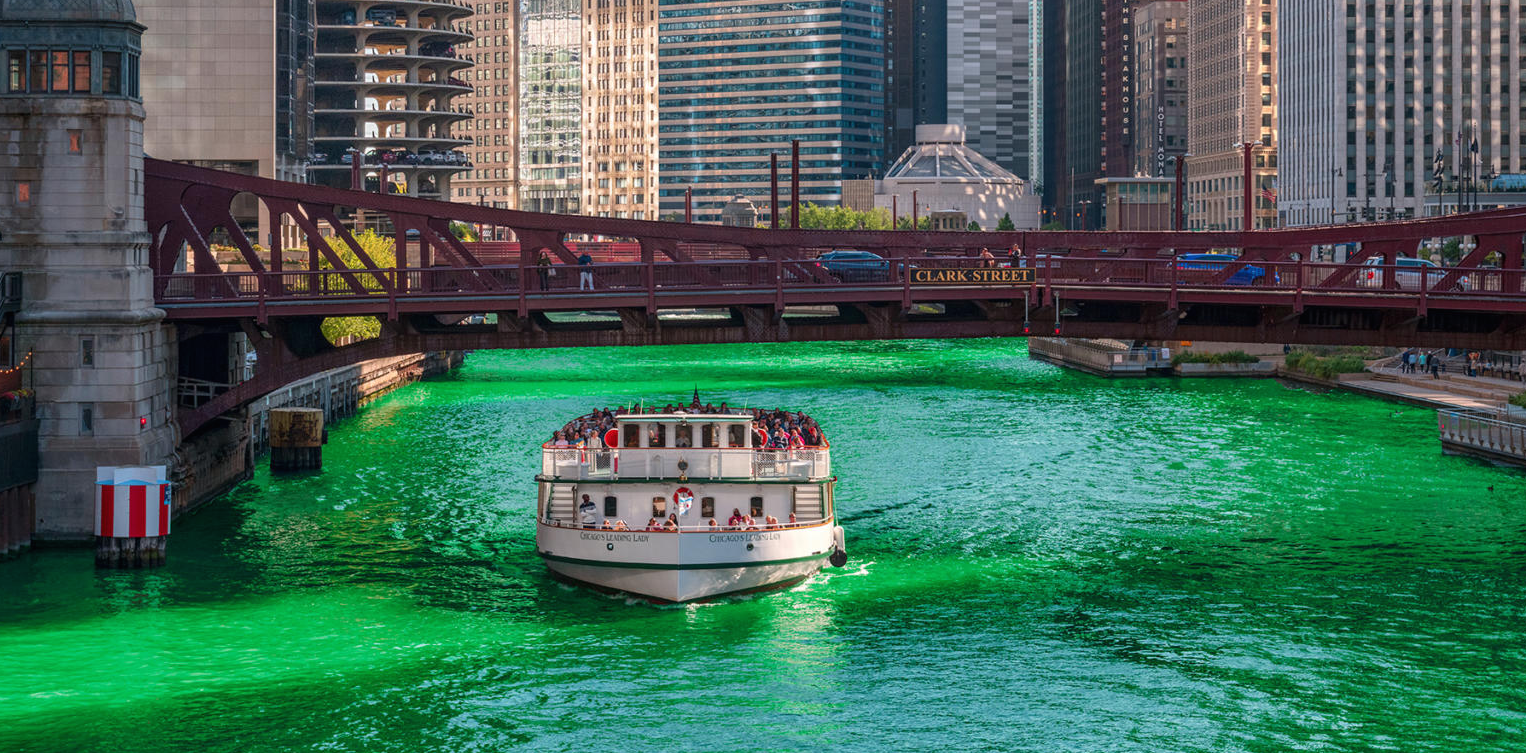Article
Juneteenth: The History, Significance, and Its Importance in Chicago
Juneteenth, now a federal holiday, marks the emancipation of enslaved African Americans and has become a day of celebration and reflection across the United States, including Chicago.
The holiday dates back to June 19, 1865, when Union Major General Gordon Granger arrived in Galveston, Texas, to announce General Order No. 3, which informed the last remaining enslaved people that they were free—more than two years after the Emancipation Proclamation took effect on January 1, 1863.
Although the Emancipation Proclamation legally freed enslaved people in Confederate states, it was not enforced in many areas still under Confederate control until Union troops advanced. Texas was one of the last regions where slavery continued.
Juneteenth was officially recognized as a federal holiday in 2021 when President Joe Biden signed it into law.
In Chicago, Juneteenth has been celebrated for decades, especially in neighborhoods like Bronzeville that have deep African American cultural roots. Many Black families who moved to Chicago during the Great Migration from the South brought Juneteenth traditions with them.
Today, major events like the Juneteenth Village Fest in Douglass Park draw large crowds for music, food, and cultural activities. The Chicago Park District also hosts parades, educational programs, and community events throughout the city.
Beyond celebrations, Juneteenth in Chicago serves as a time to reflect on racial equity, community challenges, and the continued pursuit of social justice. Local organizations like the DuSable Black History Museum regularly hold educational programs that connect the history of Juneteenth to modern issues.
As Juneteenth’s national recognition grows, Chicago remains a key city where the holiday is honored with cultural pride, community gatherings, and ongoing efforts to educate and uplift.
share this
Related Articles
Related Articles



